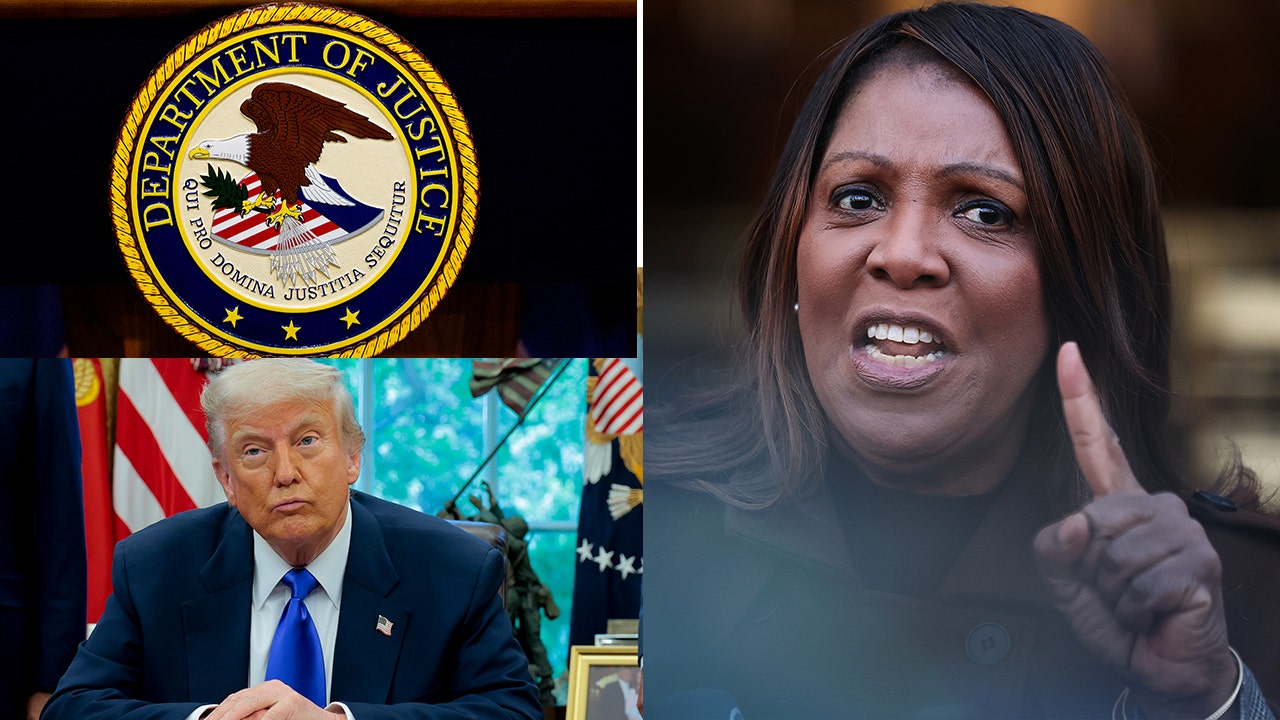ICC Prosecutor Khan's Gaza Strategy Sparks Controversy: Was it a Bid to Undermine Critics?

Karim Khan KC, the Chief Prosecutor of the International Criminal Court (ICC), is facing increasing scrutiny over his approach to investigating potential war crimes in Gaza. While he has aggressively pursued arrest warrants for Israeli officials, including Prime Minister Benjamin Netanyahu, questions are now being raised about whether his actions were influenced by a broader strategy involving the Gaza Strip. Reports suggest Khan attempted to leverage the ongoing conflict to silence critics and advance his agenda, sparking a fierce debate about the ICC's impartiality and the potential politicization of international justice.
The controversy stems from allegations that Khan sought to use the complexities of the situation in Gaza – the ongoing hostilities, the humanitarian crisis, and the deeply entrenched political sensitivities – to pressure individuals and organizations who have questioned his methods or expressed skepticism about the ICC’s investigations. Sources close to the ICC have indicated that Khan’s team explored avenues to discredit those who voiced concerns, potentially hindering a fair and objective assessment of the evidence.
Khan’s focus on Israeli officials, particularly Netanyahu, has been a source of considerable tension. The ICC’s move to seek arrest warrants for Israeli leaders has been met with strong condemnation from Israel and its allies, who argue that the court lacks jurisdiction and that the investigations are politically motivated. The timing of these actions, coinciding with the escalation of the conflict in Gaza, has further fueled accusations of bias.
The accusations against Khan are serious, raising concerns about the integrity of the ICC and its ability to impartially prosecute war crimes. The ICC was established to hold individuals accountable for the most serious crimes of international concern, but its credibility is now being challenged by allegations of political interference and selective prosecution. The principle of impartiality is paramount to the court’s legitimacy, and any perception of bias can undermine its effectiveness.
Furthermore, the allegations highlight the complexities of investigating conflicts in densely populated areas like Gaza. The difficulty of gathering reliable evidence, the presence of multiple actors involved in the conflict, and the intense political pressure all contribute to a challenging environment for international investigators. Khan's alleged attempts to silence critics only exacerbate these challenges, potentially compromising the fairness and accuracy of the ICC’s findings.
The legal and political ramifications of these accusations are significant. If substantiated, they could lead to calls for Khan’s removal from his position and a reevaluation of the ICC’s procedures. More broadly, the controversy underscores the need for greater transparency and accountability within international judicial institutions. Maintaining public trust is crucial for the ICC to effectively fulfill its mandate and ensure that perpetrators of war crimes are brought to justice.
The situation remains fluid, and further investigations are needed to determine the veracity of the allegations against Khan. However, the controversy serves as a stark reminder of the challenges facing international justice and the importance of safeguarding the ICC’s independence and impartiality. The world is watching closely as this saga unfolds, with the potential to significantly impact the ICC’s reputation and its ability to hold those responsible for war crimes accountable.






